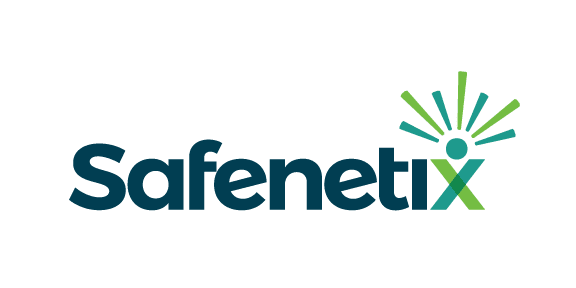New Year, New Budget. New Savings.

Subscribe to our Blog
I don’t know about you, but I’m more than ready to kiss 2020 goodbye. I’m ready for a new year, with good news and a fresh start. While it’s been such a trying year for us all, with so much heartache and headaches both personally and professionally, the new year brings hope.
And change.
And opportunity.
And a clean slate to do things differently.
Usually new years is a time to reflect on the year past and think about how things can be different in the year to come – and usually for the better. We naturally line up positive things that we want to do or change, whether it is professionally or personally. We set goals. We make plans. We act.
2021 is going to be such a different year of resolutions for us all. 2020 brought so many struggles that a lot of us consider it a resounding success that we simply “got through it.” But as we look to 2021, it’s time to realign and pivot, taking what we have learned during this past year and applying it to how those ripples will affect the year to come. Because, let me tell you, the pandemic is going to be felt by us all for quite a long time.
One of the first things that is going to change from years past is the size of your annual facilities and maintenance budget. With elective procedures all but cancelled and one of the primary sources of income for healthcare facilities, your budget is likely going to be tightened up quite a bit. With these restraints, facility managers are wracking their brains trying to figure out how they are going to complete mandatory fire safety inspections for Joint Commission and CMS compliance. Contractor budgets for these inspections are a big piece of the budget pie – mandatory inspections like damper inspections and fire door inspections can wreak havoc on a budget, siphoning off major dollars for contractors. Large facilities could be looking at tens of thousands of dollars to perform inspections. On the other side of the coin is a small facility – the nursing home or convalescent home that maybe only has a handful of assets that require inspection, but minimum trip charges could potentially take hunks out of an already minuscule budget pot.
So, how do you plan to perform fire safety compliances differently in 2021 knowing that you don’t have as much money to work with? Here are some possible scenarios.
- Use your budget and leave it to the specialists, like our sister company LSS Life Safety Services®. LSS has been performing fire and smoke damper inspections and fire door inspections for nearly two decades and has performed these inspections in countless facilities across the globe. You’ll know the inspections are done right and have the report to present to your AHJ that they have grown to expect. This one is. no-brainer if you have the budget to spare for costly inspections.
- Contract with a local mom-and-pop HVAC company or the person who does your fire alarm inspections. They are close to home and you likely already have someone of a relationship with them. There’s a catch here, though. These types of businesses likely haven’t had the training they need to perform the inspections accurately. Fire door inspections and especially damper inspections are TOUGH. They are tons of components and variables to these important fire safety assets that takes some pretty specific knowledge to recognize deficiencies. If you choose to work with a company like one of these, ask them for their credentials and proof that they have received proper training. In a lot of cases, I can promise you they do not.
- Learn to perform the inspections yourself. That’s right – yourself. You’ve heard the old saying that “Knowledge is power”. Empower yourself to gain the training you need to perform these essential safety inspections yourself. Don’t just head to the internet and look for training, though. Look for speciality training with a focus on the asset that you wish to inspect. Look for experts that have created curriculum based on years of experience in the field so that you can be certain they will provide you with guidance on how to inspect in your healthcare facility. Hospitals and nursing homes have specific nuances when it comes to code requirements. The right training should walk you through what you need to do and prepare you for applying your knowledge in the field. You’ll also need to make sure that you are educated on what’s required in the code in the form of reporting. NFPA has very specific requirements on what must be collected in the report. I can promise you that local mom and pop business that you had considered doesn’t know what they are.
Here’s the thing, guys. I’ve stated time and time again why I believe it’s time to bring fire door inspections and dampers inspections in house. Still aren’t convinced? Call us and we will walk you through why. In the meantime, start putting together your plan for 2021 now. Fire safety inspections should be top of mind for your safety plans for the next year. No matter how you choose to stay in compliance, between LSS and Safentix, we have you covered.





